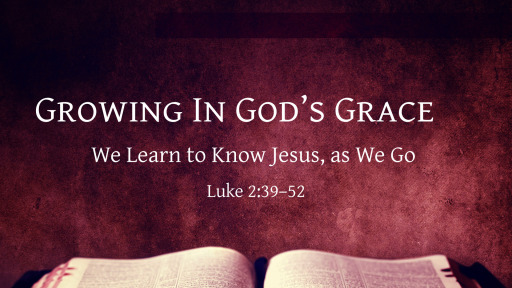Growing as We Go

God Regularly Gathers Us for Worship
FESTIVALS Regular religious celebrations remembering God’s great acts of salvation in the history of His people. Traditionally called “feasts” in the English Bibles, these can conveniently be categorized according to frequency of celebration. Many of them were timed according to cycles of seven. The cycle of the week with its climax on the seventh day provided the cyclical basis for much of Israel’s worship; as the seventh day was observed, so was the seventh month (which contained four of the national festivals), and the seventh year, and the fiftieth year (the year of Jubilee), which followed seven cycles each of seven years. Not only were the festivals as a whole arranged with reference to the cycle of the week (Sabbath), two of them (the feast of unleavened bread and the feast of tabernacles) lasted for seven days each. Each began on the 15th of the month—at the end of two cycles of weeks and when the moon was full. Pentecost also was celebrated on the 15th of the month and began 50 days after the presentation of the firstfruits—the day following seven times seven weeks.
During NT times large crowds gathered in Jerusalem to observe this annual celebration. Jesus was crucified during the Passover event. He and His disciples ate a Passover meal together on the eve of His death. During this meal Jesus said, “This is My body,” and “this cup is the new covenant in My blood” (Luke 22:17, 19–20 HCSB). The NT identifies Christ with the Passover sacrifice: “For Christ our Passover has been sacrificed” (1 Cor. 5:7 HCSB).
According to Heb. 9–10 this ritual is a symbol of the atoning work of Christ, our great high Priest, who did not need to make any sacrifice for Himself but shed His own blood for our sins. As the high priest of the OT entered the holy of holies with the blood of sacrificial animals, Jesus entered heaven itself to appear on our behalf in front of the Father (Heb. 9:11–12).
Every Israelite was to live for seven days in these during the festival, in commemoration of when their fathers lived in such booths after their exodus from Egypt (Lev. 23:40; Neh. 8:15). The dedication of Solomon’s temple took place at the feast (1 Kings 8:2).
